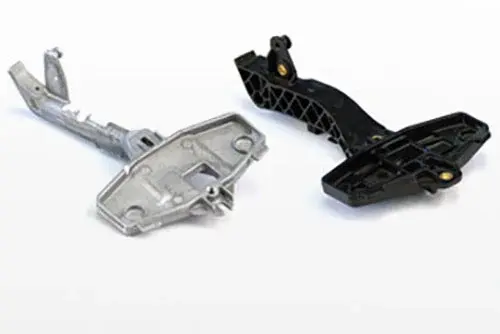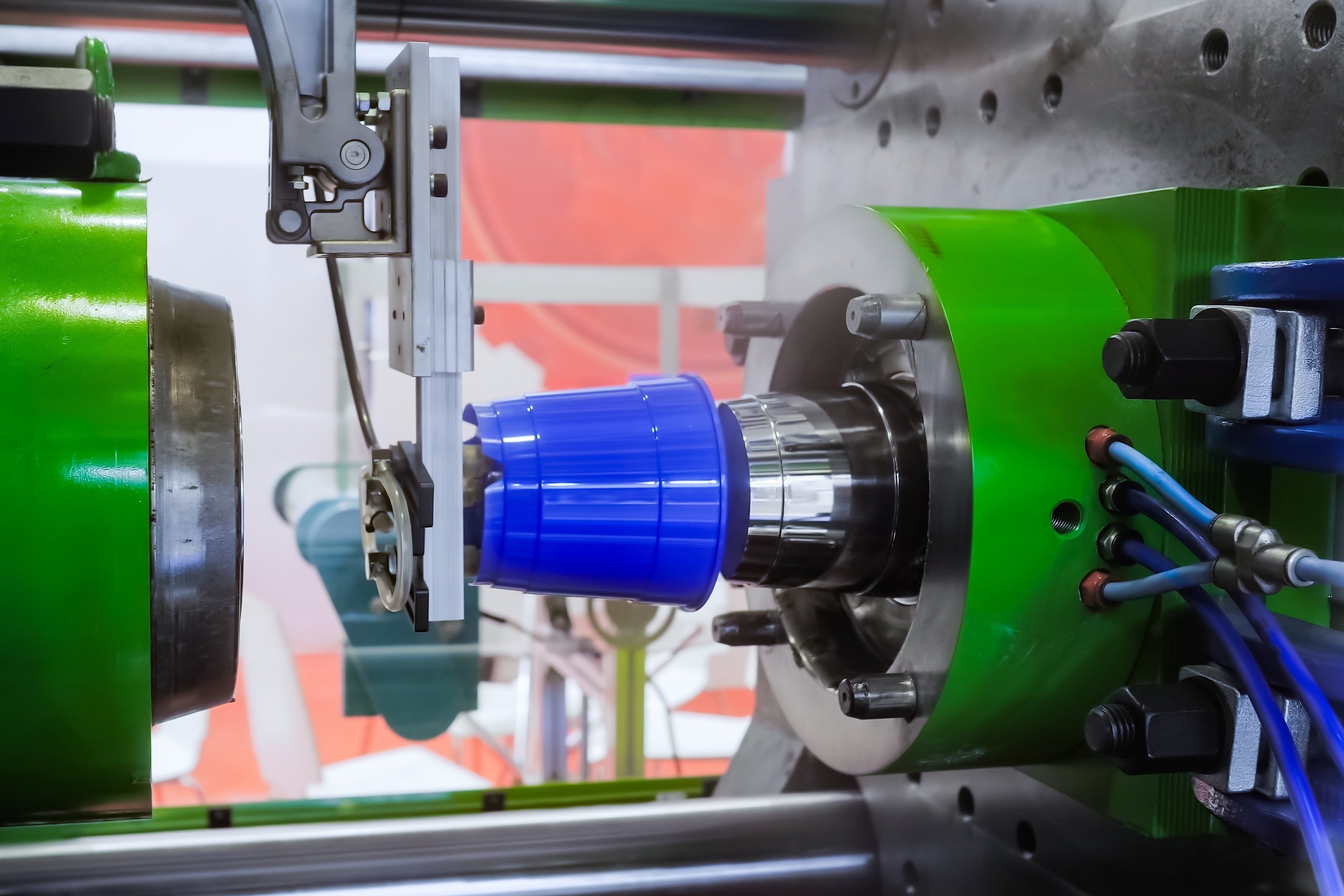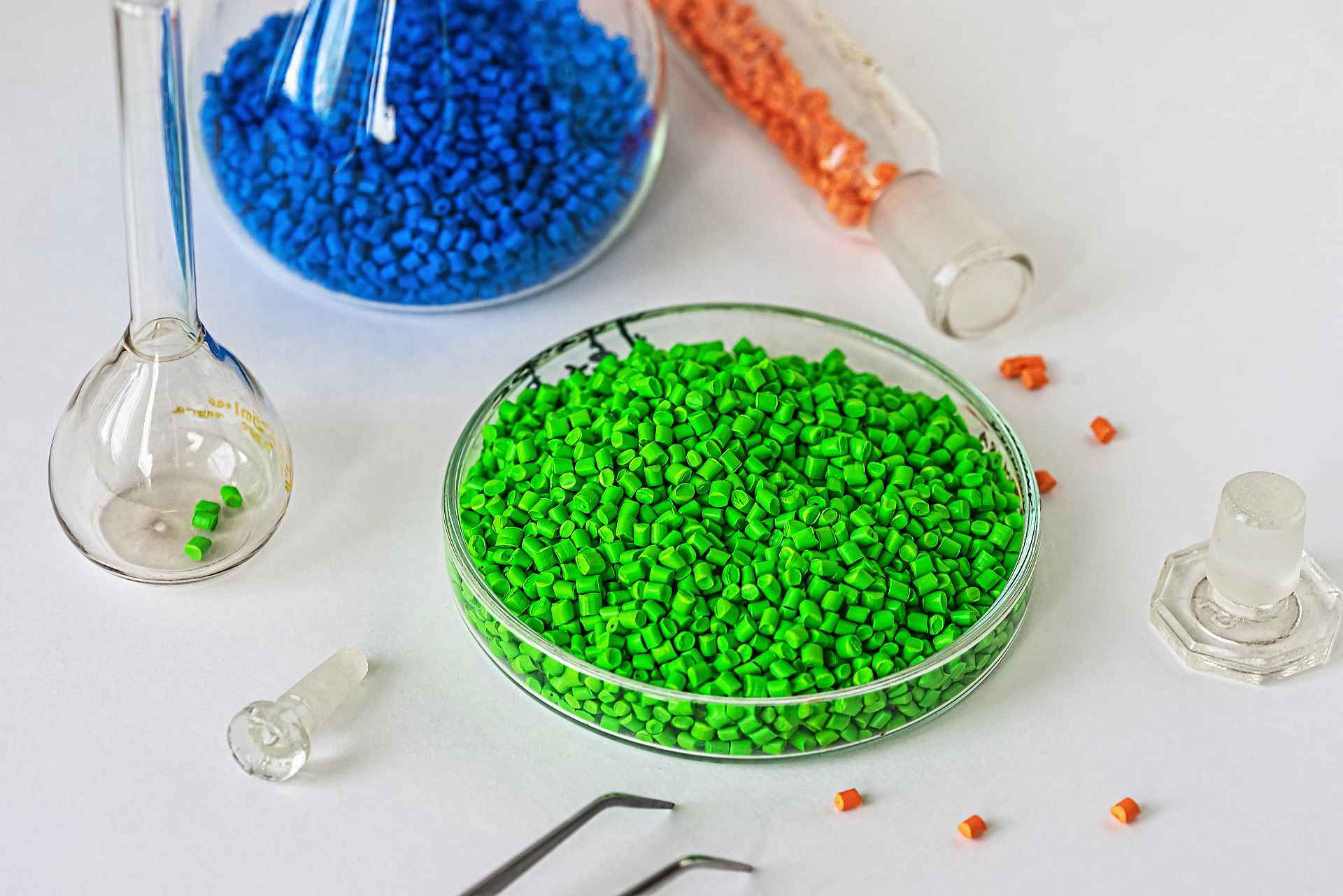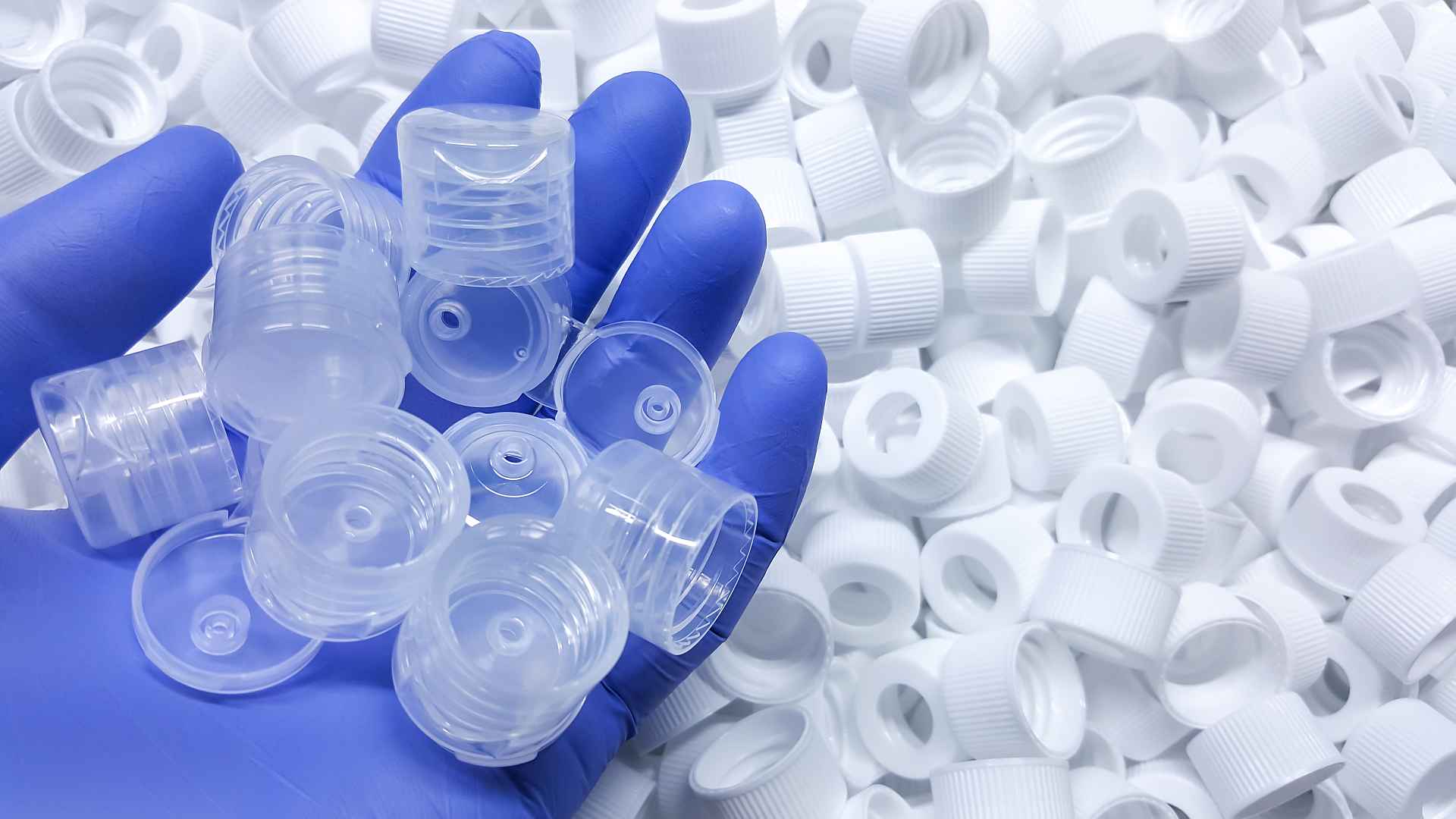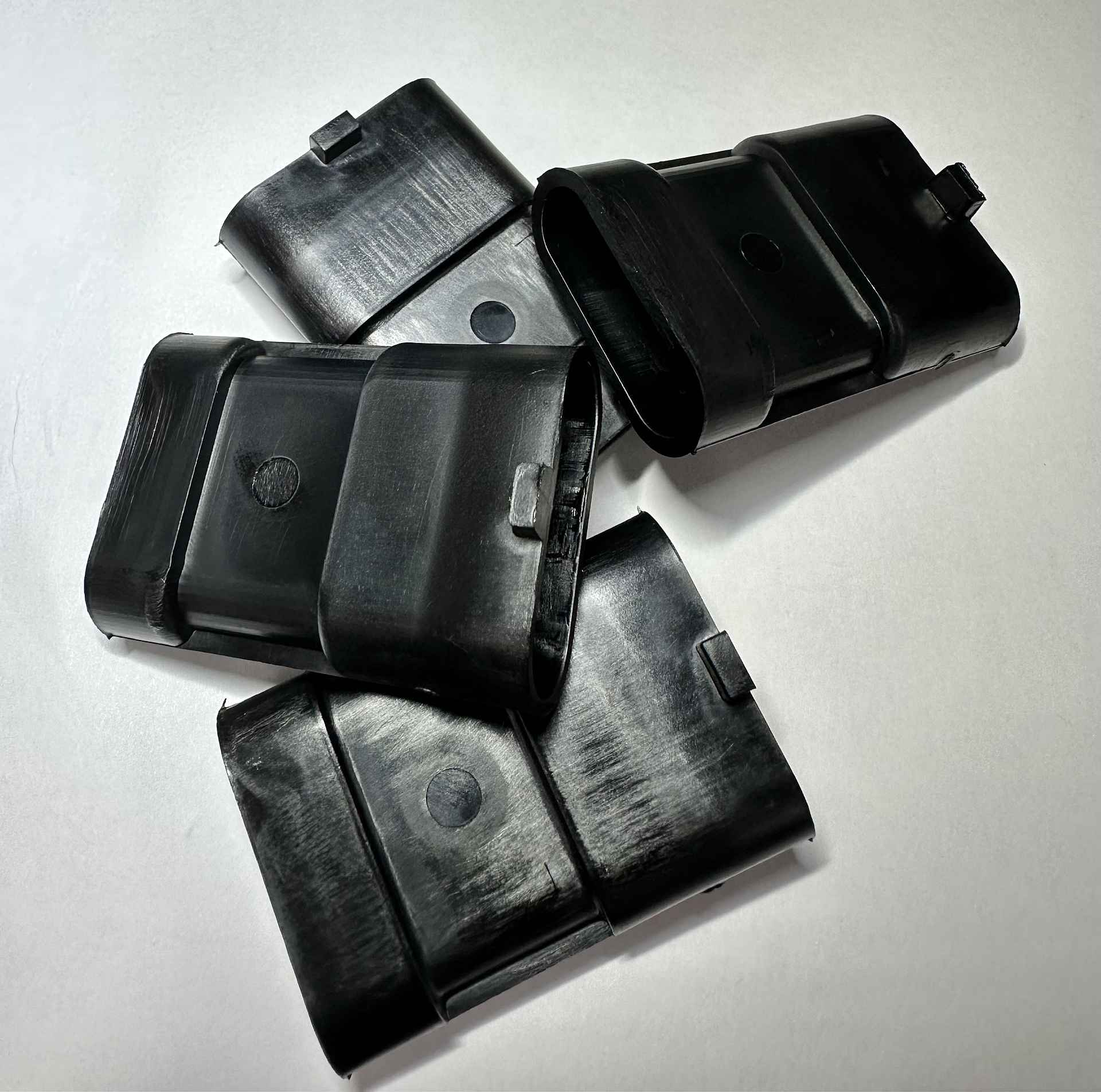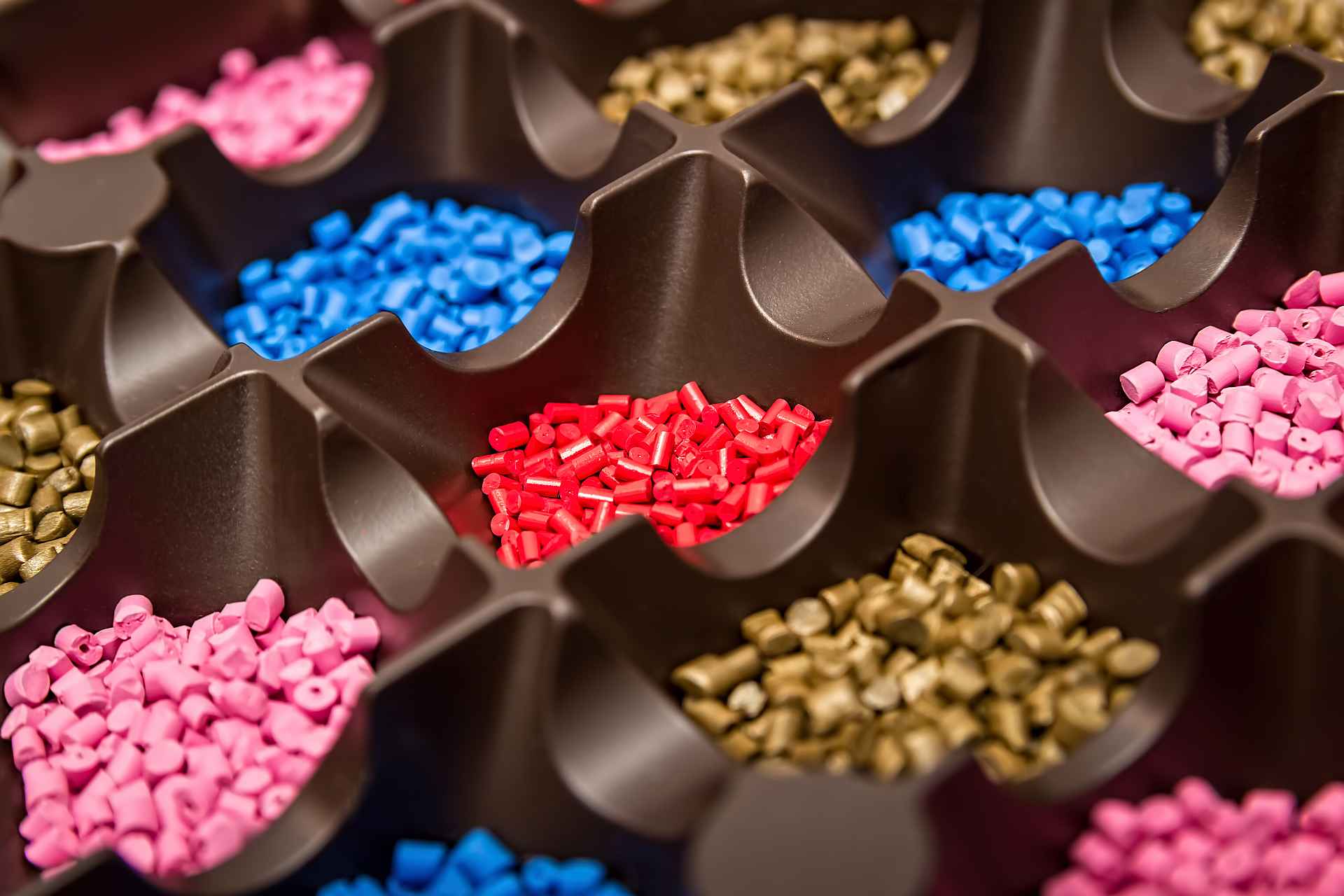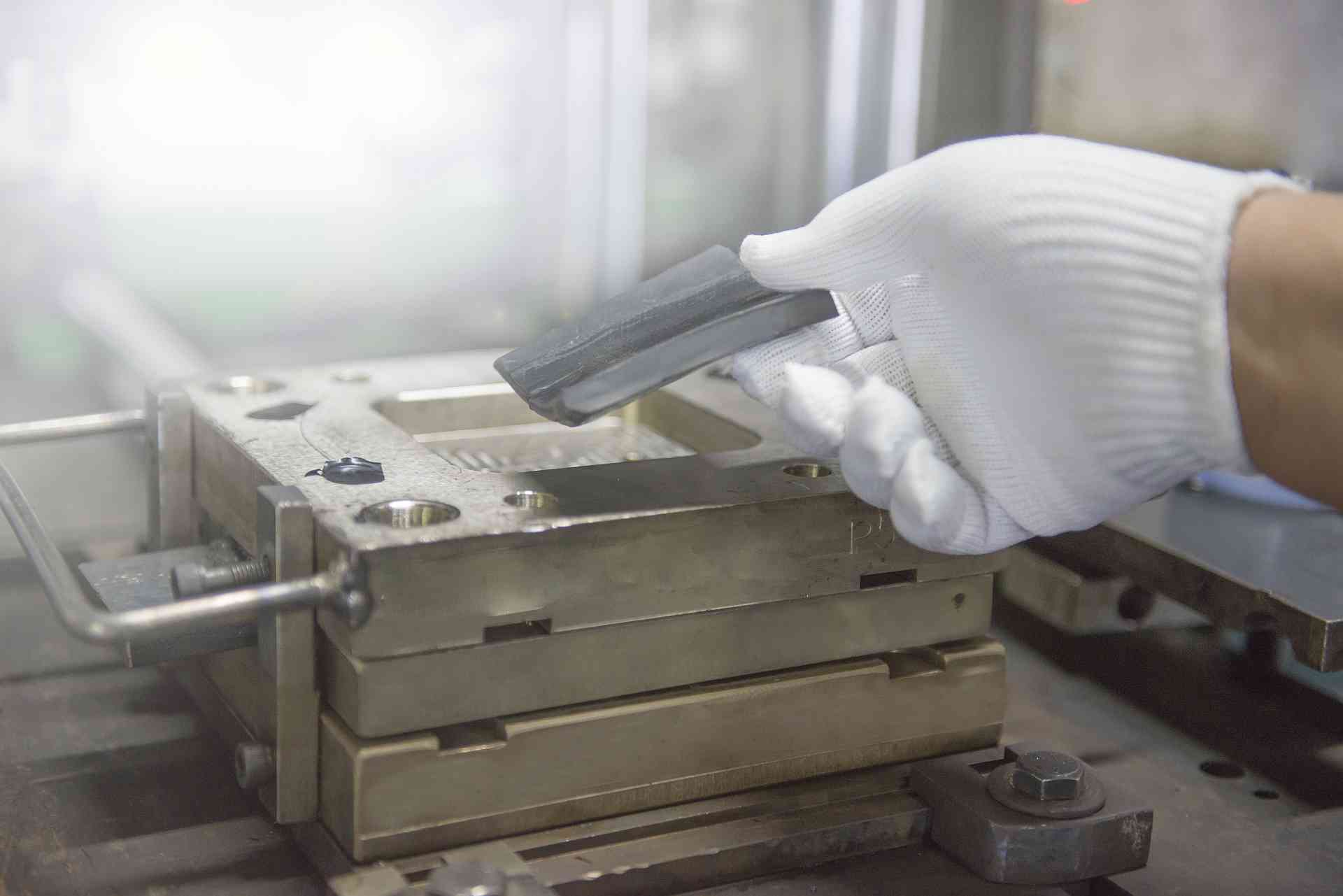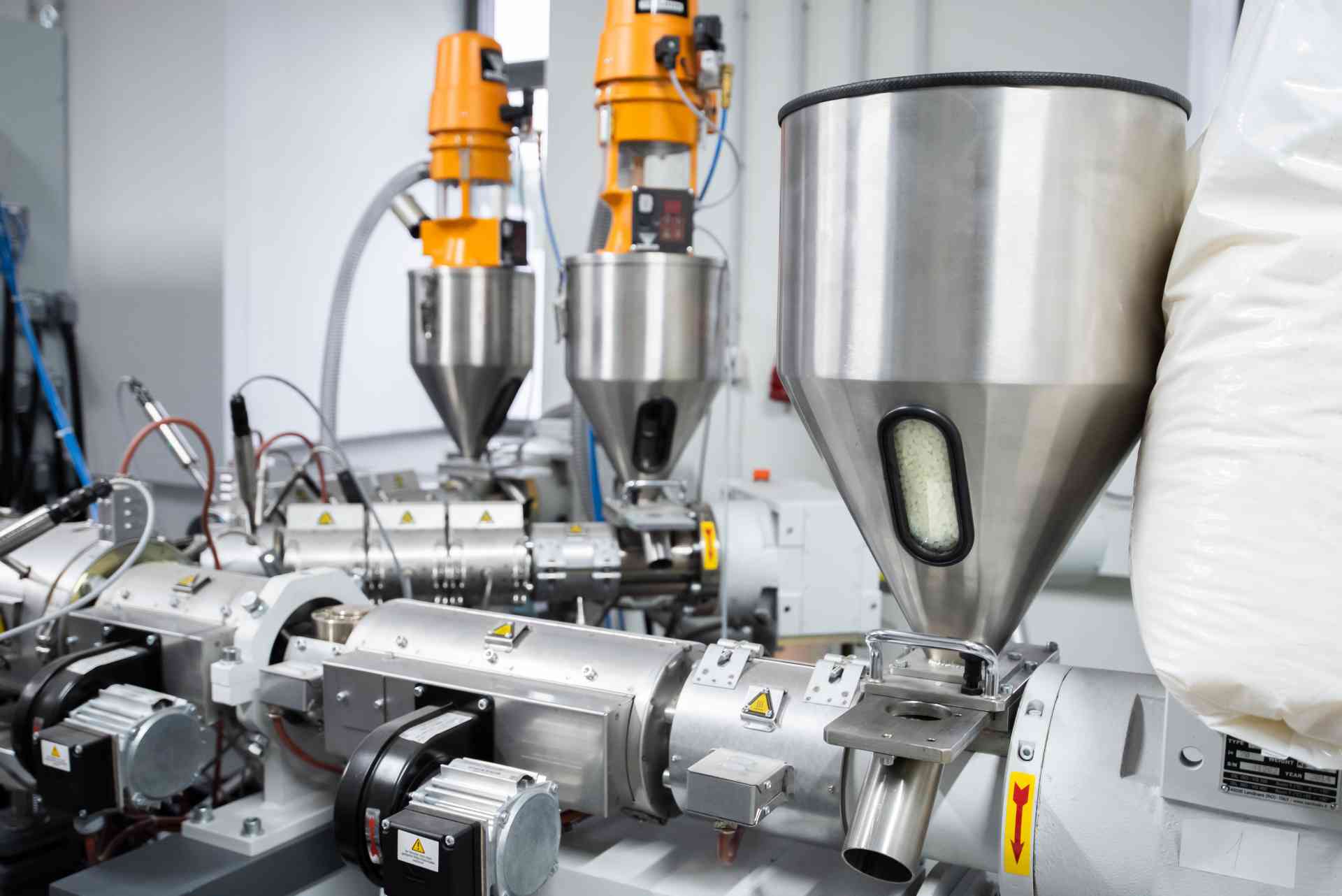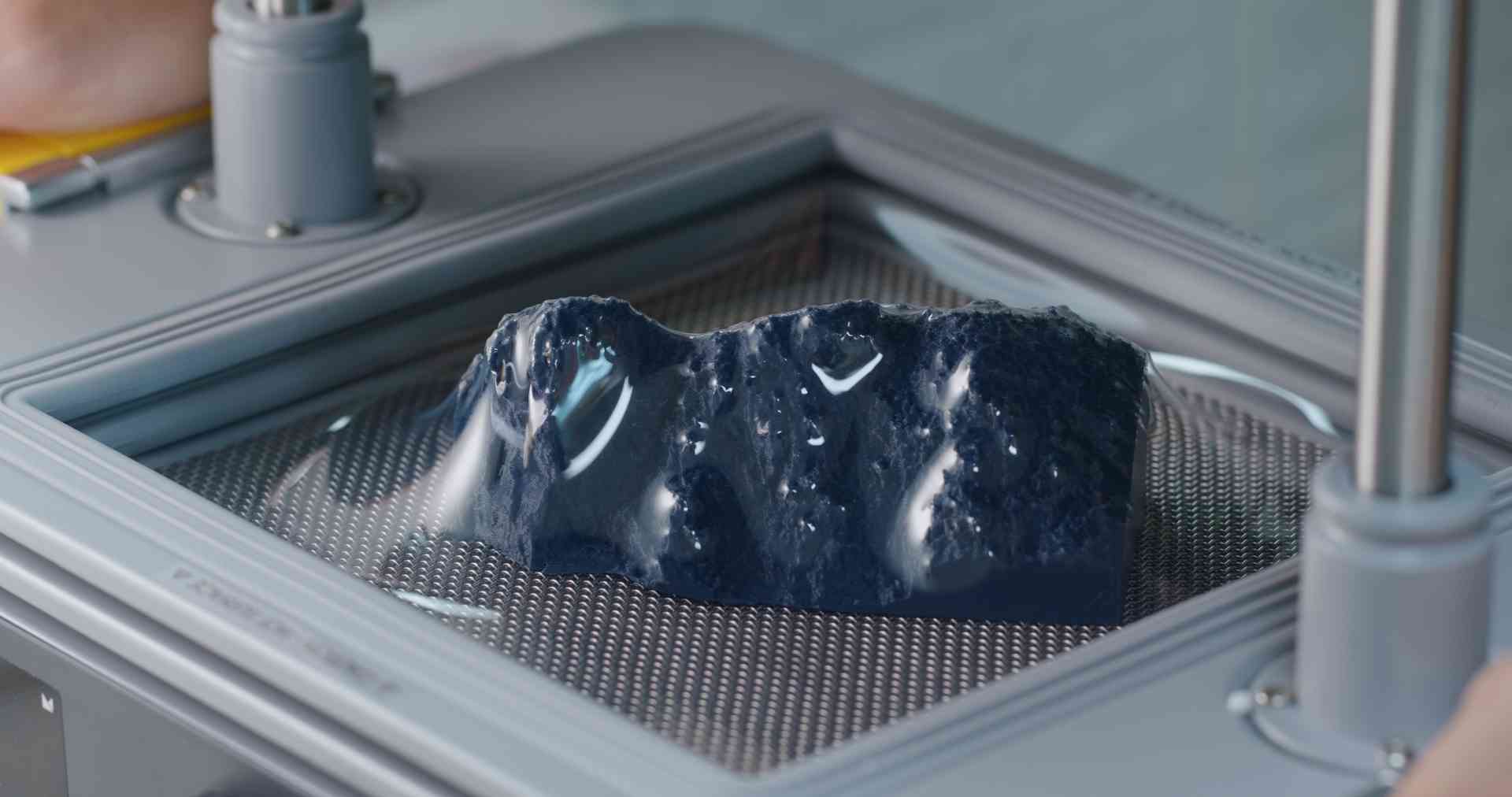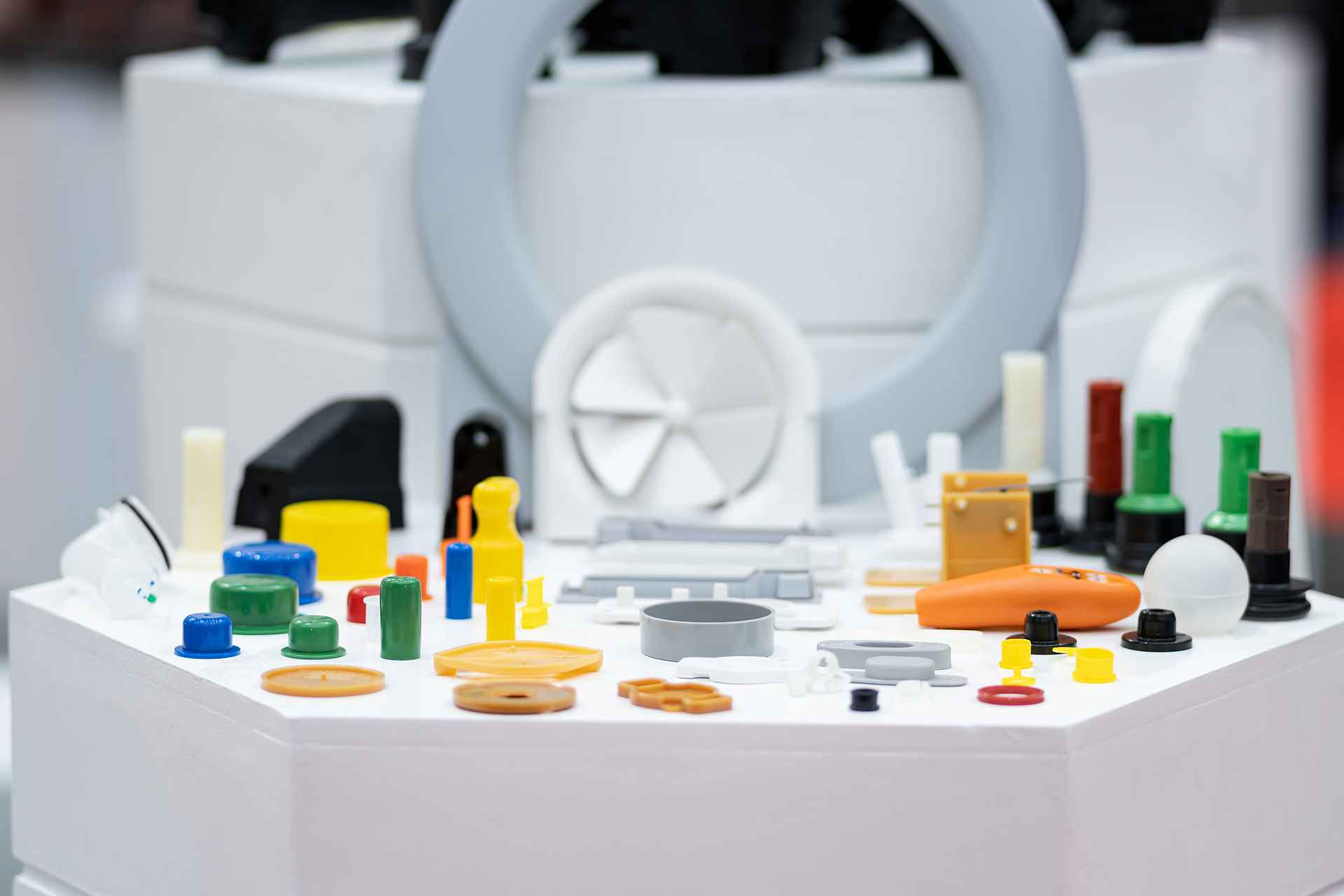Maintaining proper wall thickness is one of the most important aspects of designing custom injection molded parts. Overly thick walls not only waste material, they’re also more likely to exhibit part defects such as sink marks. On the other hand, overly thin walls are prone to warping and cracking, while also generally lacking the strength necessary for a durable end product.
How to Size Minimum Wall Thickness for Injection Molding – Optimizing Your Part Designs
Posted: August 12, 2024 by
Jon Gelston
Tags:
Electronic Enclosures,
Quality,
Plastic vs. metal,
Waterproofing,
Outdoor enclosures
The Role of Automation in Modern Plastic Injection Molding
Posted: July 30, 2024 by
Jon Gelston
Tags:
Electronic Enclosures,
Quality,
Plastic vs. metal,
Waterproofing,
Outdoor enclosures
In the plastics manufacturing industry today, automation is the name of the game if you want to be competitive. Automated injection molding machines, robotic part handlers, automatic loading/unloading systems… In fact, automated manufacturing technology has become increasingly common throughout the American manufacturing sector as a whole. Essentially, these newer technologies help US manufacturersoperate as lean, efficient and productive as possible, thus meeting the new demands of onshoring while remaining cost competitive to the global marketplace.
Sustainability and Eco-Friendliness in Today’s Plastic Injection Molding Industry
Posted: September 7, 2023 by
Jon Gelston
Tags:
Plastic Injection Molding Defects,
Plastic Types,
Quality,
Plastic vs. metal,
Texture,
Small Plastic Parts,
Choosing the right plastic injection molder,
Nylon Injection Molding,
plastic injection molding Colorado
For at least the past decade, plastics have often been considered negatively in discussions concerning sustainability and eco-friendliness. But most of this is tied to single-use plastics and how they are handled after usage. Looking further upstream to plastic manufacturing, the reality may be more eco-friendly than one would think. The modern injection molding sector has become more and more concerned with sustainability and environmental friendliness. From the plastic materials that make up the products to the production equipment that molds them, along with all of the complex logistics behind shipping and supply chain management – today’s industry demands better sustainability at every turn.
The Role of AIM Processing in Colorado's Medical and Tech Industries
Posted: August 23, 2023 by
Jon Gelston
Tags:
Plastic Injection Molding Defects,
Plastic Types,
Quality,
Plastic vs. metal,
Texture,
Small Plastic Parts,
Choosing the right plastic injection molder,
Nylon Injection Molding
Plastic injection molding services are increasingly crucial within today’s medical and tech sectors. From state-of-the-art medical devices and specialized healthcare equipment to complex electronics components and everyday gadgets, molded plastic products can be found in virtually every facet of modern day life.
Of course, medicine, healthcare, electronics manufacturing, and the various tech industries are some of the fastest growing markets in Colorado and across the nation. More and more vendors in these niches are demanding the highest quality American injection molding companies to manufacture their products lean, reliably, and as sustainably as possible – all while simplifying their supply chains. Enter AIM Processing, one of the greater Colorado region’s leading injection molding service providers.
Plastic Injection Molding with Nylon: Material Strengths and Applications
Posted: August 10, 2023 by
Jon Gelston
Tags:
Plastic Injection Molding Defects,
Plastic Types,
Quality,
Plastic vs. metal,
Texture,
Small Plastic Parts,
Choosing the right plastic injection molder,
Nylon Injection Molding
Nylon is a highly versatile thermoplastic material that is used in many specific injection molding applications today. An extremely durable and chemically-resistant plastic, nylon is commonly used in automotive electronic connectors, protective casings, enclosures, metal replacement parts, and high-wear mechanical components.
Common Injection Molded Plastic Materials Compared
Posted: July 27, 2023 by
Jon Gelston
Tags:
Plastic Injection Molding Defects,
Plastic Types,
Quality,
Plastic vs. metal,
Texture,
Small Plastic Parts,
Choosing the right plastic injection molder,
vacuum forming
There are many different common types of plastics used in the injection molding industry today. And for many projects, there will be numerous suitable plastics to choose from.
Of course, choosing the best thermoplastic material for your project isn’t simply a case of going with the strongest and most durable option, or choosing the cheapest suitable material. You have to carefully consider the use cases for your end products, all of the performance requirements, potential reliability issues that may arise, as well as the overall material cost, availability, and sustainability.
Injection Molding vs. Compression Molding: Advantages and Applications (Clone)
Posted: July 26, 2023 by
Jon Gelston
Tags:
Plastic Injection Molding Defects,
Plastic Types,
Quality,
Plastic vs. metal,
Texture,
Small Plastic Parts,
Choosing the right plastic injection molder,
vacuum forming
The Benefits of Plastic Injection Molding Compared to Extrusion
Posted: June 29, 2023 by
Jon Gelston
Tags:
Plastic Injection Molding Defects,
Plastic Types,
Quality,
Plastic vs. metal,
Texture,
Small Plastic Parts,
Choosing the right plastic injection molder,
vacuum forming
Plastic injection molding is sometimes compared to extrusion when customers are searching for the most optimized manufacturing method for their products. While the injection molding and extrusion processes are very different, they are both capable of producing high-quality parts with complex designs.
Nevertheless, there are certain types of products – or production goals – which are much better suited for the injection molding process, and vice versa. Learn more about these two unique manufacturing services below, including the common advantages and product applications.
The Advantages of Plastic Injection Molding vs. Vacuum Forming
Posted: June 15, 2023 by
Jon Gelston
Tags:
Plastic Injection Molding Defects,
Plastic Types,
Quality,
Plastic vs. metal,
Texture,
Small Plastic Parts,
Choosing the right plastic injection molder,
vacuum forming
While injection molding services are often compared or even cross-shopped with vacuum forming, which is a specialized form of thermoforming. However, the two manufacturing processes are actually quite different, and each is uniquely optimized for different types of projects.
If you’d like to learn more about how the injection molding process works, check out our Brief Introduction to Injection Molding as well as our Plastic Injection Molding Services page. Or if you’d like to delve deeper into the advantages of injection molding specifically compared to vacuum forming, check out our comparison of the two processes below.The Challenges of Small Part Injection Molding
Posted: March 21, 2023 by
Jon Gelston
Tags:
Plastic Gate Design,
Plastic Injection Molding Defects,
Plastic Types,
Quality,
Plastic vs. metal,
Texture,
Small Plastic Parts,
Choosing the right plastic injection molder
Plastic injection molding services are a reliable, efficient, and scalable method for manufacturing an extremely wide range of different small parts and components. However, like all production methods, the injection molding process poses some unique challenges for small plastic part manufacturers.
In this article, we discuss some of the most common challenges and quality control issues that can arise with custom injection molded products. At AIM Processing, we apply decades of combined engineering expertise and utilize the latest production technology to overcome these challenges, delivering superior injection molded products which are manufactured to your exact specifications.
 SINCE 1993 MADE IN USA
SINCE 1993 MADE IN USA 